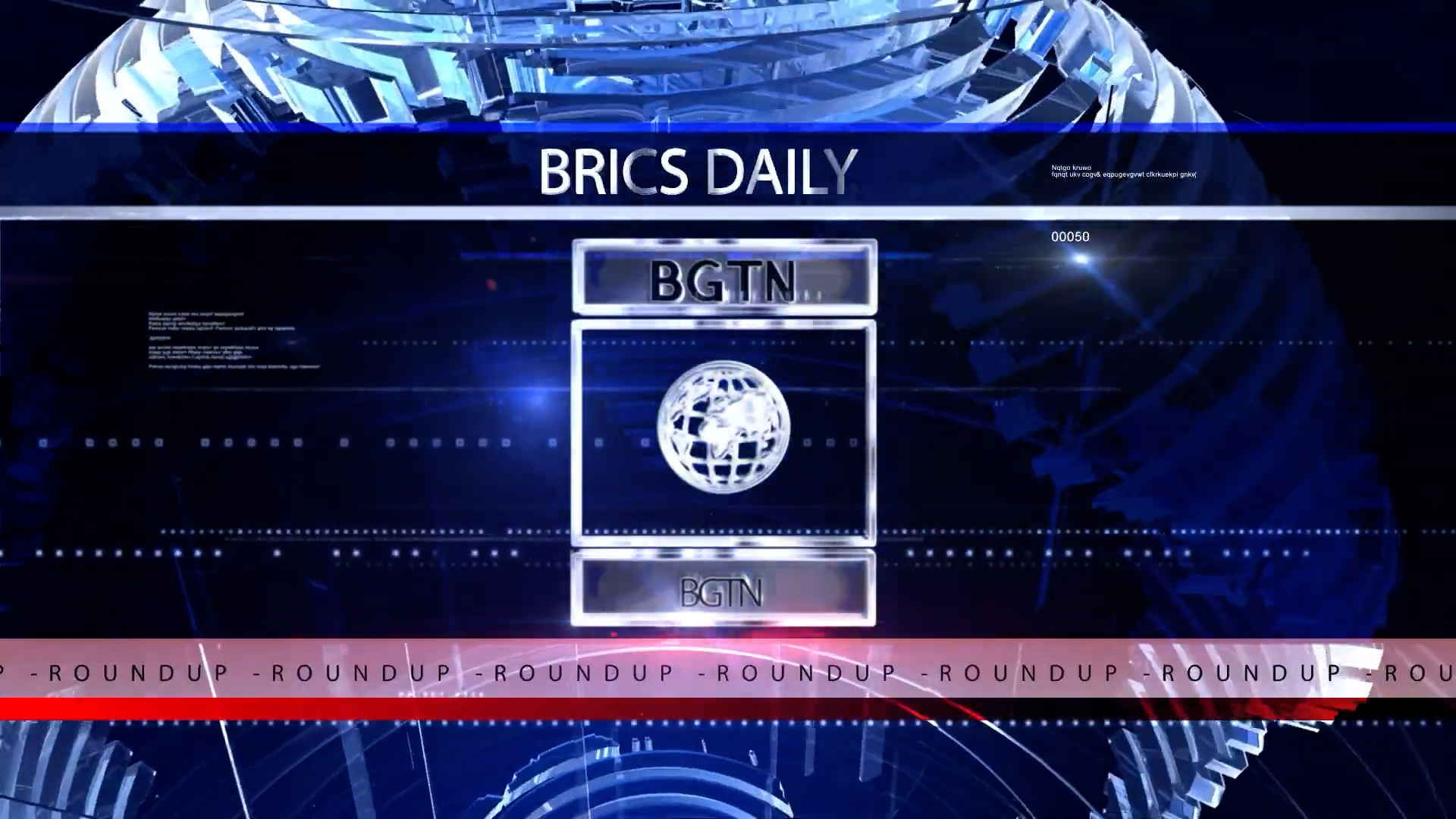The film has triggered outrage among Saudis, who accuse it of damaging the country’s reputation.
Rabat – “This film does not offend any country, people, society, or race,” are the opening lines of “The Goat Life”, an Indian film currently streaming on Netflix. It tells the harrowing story of Najeeb, an Indian worker who immigrated to Saudi Arabia in the early 1990s, only to find himself trapped under the control of a fictitious sponsor. For three years, he endured inhumane conditions in the desert before managing to escape.
The filmmakers’ opening statement seems designed to preempt the backlash the film has sparked, particularly among audiences in the Gulf and Saudi Arabia. The film has ignited a heated debate over Saudi Arabia’s “Kafala” system, a sponsorship model for foreign workers that has long been criticised by humanitarian organisations and international human rights groups for potential abuses.
As the film continues to gain traction, controversy has erupted on social media, especially in Saudi Arabia and the broader Gulf region. Supporters argue that “The Goat Life” sheds light on the harsh realities faced by foreign workers and exposes the flaws of the Kafala system. Critics, however, accuse the film of crafting a fictional narrative aimed at tarnishing Saudi Arabia’s image, particularly as the nation prepares to host major global events like the 2034 World Cup.
“The Goat Life” runs for three hours and opens with scenes of Najeeb Muhammad, a young man from Kerala, India, dreaming of a better future for his unborn child. After struggling to secure a visa, he and his brother find work with a Saudi company, but their hopes are quickly dashed upon arrival in Jeddah. Najeeb’s sponsor forces him to live alone in the desert with only goats for company, driving him to the brink of losing his identity and sense of self. The film poignantly captures his three-year ordeal and his eventual escape.
Directed by Indian filmmaker Blessy Ipe Thomas, the film has achieved significant success and critical acclaim, topping the charts as one of the most-watched films in numerous countries worldwide. Initially, its release in March and subsequent rise to Netflix sensation in July did not stir major controversy. However, the release of the Arabic translation in August significantly boosted its viewership in Arab countries, sparking broader reactions and making it a focal point of discussion on social media in the Gulf region.
In addition to its critique of the Saudi sponsorship system, “The Goat Life” has faced sharp criticism for its portrayal of Arabs, particularly the depiction of the Saudi Bedouin character, who is portrayed as “greedy, harsh, miserly, deceitful, and unclean.”
ALSO READ: Netflix’s heartwrenching movie about migration, ‘Nowhere,’ is a firm favourite in BRICS countries













